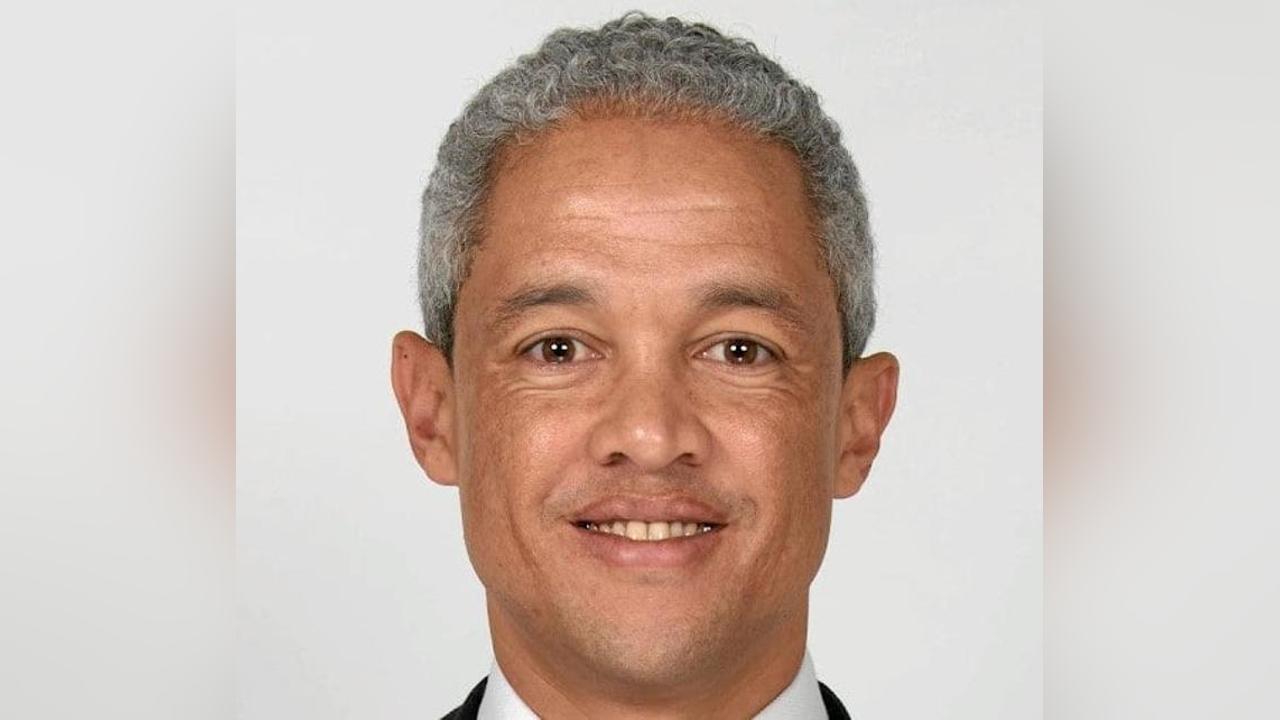Africa-Press – South-Africa. Treasury’s head of asset and liability management, Duncan Pieterse, has emerged as the top contender for the director-general position, News24 understands from sources.
Following interviews, Pieterse has been tipped as the preferred candidate. But his appointment must still be approved by Cabinet and is subject to other processes like security clearance.
Pieterse is expected to replace Treasury stalwart Ismail Momoniat, who was acting in the director-general role after Dondo Mogajane left the post on June 7 last year, when his contract ended. Mogajane is currently CEO of the controversial Moti Group.
Pieterse, who is in his forties, joined Treasury a decade ago as a director for microeconomic policy. Six years later he was appointed as deputy director general of economic policy. He is currently head of assets and liabilities, and is in charge of Treasury’s debt and funding programme.
He played a key role in establishing the Eskom Debt Relief Bill.
Pieterse has a Bachelor of Business Science, an MBA and a PhD in economics from the University of Cape Town. His PhD thesis was titled: Adverse childhood experiences and educational outcomes, problem drinking and the perpetration of violence.
He completed a mid-career Master of Public Administration at Harvard University’s Kennedy School. He was also a visiting research fellow at Brown and Yale Universities in the US.
From 2004 to 2008, Pieterse worked as a development economist and public finance consultant.
When asked by The Sunday Times in 2021 why he worked for government when he could have gotten a big private sector salary instead, Pieterse joked that “it won’t surprise you that Treasury officials have this exact conversation all the time.”
He then added: “The reality is that there are no other places where you can do the breadth and the depth of the work that we do at the Treasury. What keeps a lot of Treasury people motivated and interested is the amazing breadth of work — wage bills, state-owned companies, macro forecasts, structural reforms, social protection, employment tax incentives — we get involved in all of those things.”
He is also critical of repeated bailouts of state-owned entities, telling Parliament’s Standing Committee on Public Accounts in March this year that R330 billion had been spent keeping them afloat since 2013.
“The multiple bailouts for Eskom, SAA, SABC, Post Office and others have become a fiscal burden, and the high debt levels have increased fiscal risk to unacceptable levels and crowded out important social and other expenditure,” he said.
For More News And Analysis About South-Africa Follow Africa-Press






